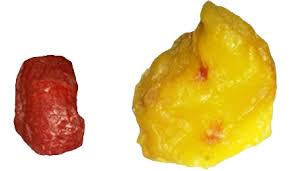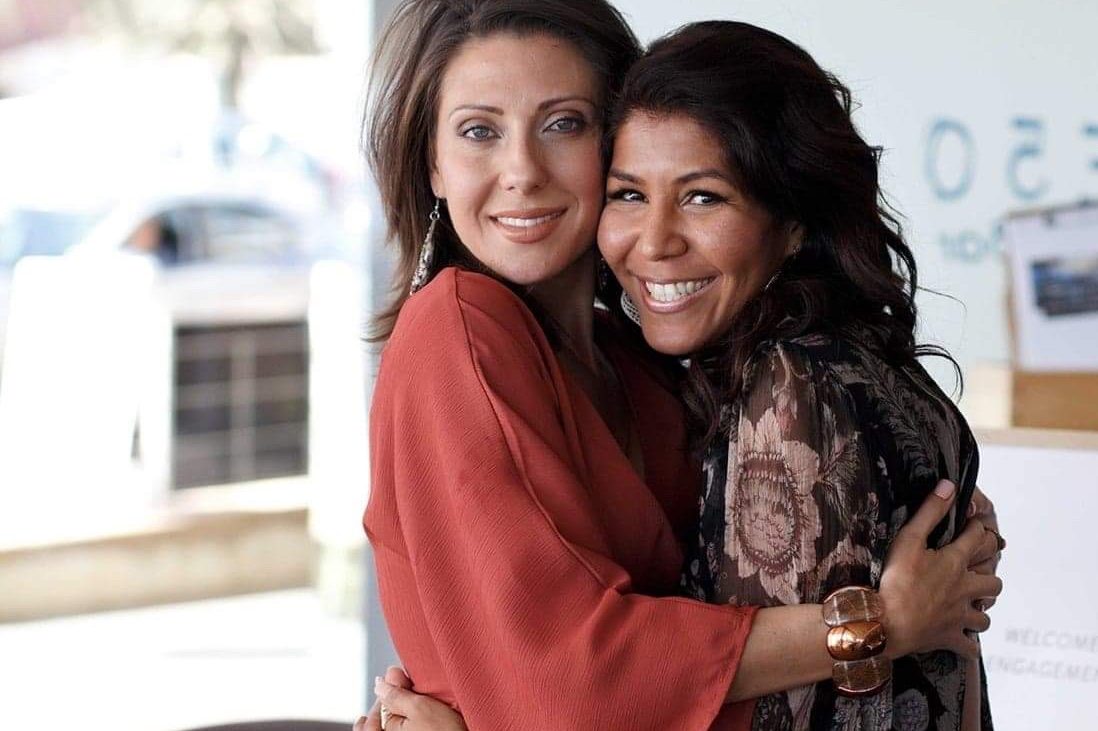CARDIO versus WEIGHTS – What should I do?
Should I do CARDIO or WEIGHTS? This is a question I get time & time again from people wanting to lose body fat and change their body shape.
The answer is both! But Why?
Cardio and weights each have their benefits but together they can be much more effective.
Let’s start here. Contrary to popular belief 1 kilogram of muscle mass does not weigh more than 1 kilogram of fat mass. 1kg = 1kg no matter what you are weighing. The difference is muscle mass is more dense, firmer and uses more energy (burns more calories) per hour than fat mass. Muscle mass spreads over smaller area than fat mass.
Another way to think of this is to visualise a tonne of feathers and a tonne of bricks, the weight is the same but you would need so many more feathers to reach the 1-tonne weight and they would certainly take up a larger space than the 1 tonne of bricks would.

Why is this important?
Building muscle mass increases your base metabolic rate (BMR). BMR is the minimum amount of energy required to sustain your vital functions whilst at rest.
Think of it this way. There are 2 females, both aged 35yrs, both weighing 65kg and 165cm tall but female “A” had 4kg more muscle mass than female “B”. Female “A” base metabolic rate would be higher than female “B”. This is due to the fact that muscle mass uses more energy than fat mass, even while sleeping. That essentially means the body is more effective when it comes to burning calories with more muscle mass. Calories must be burned to achieve a fat loss goal.
To achieve a 1 kilogram fat loss approximately 3800 calories must be burned while correctly tracking your macronutrient intake.
A one hour weight training session may not burn the same amount of calories as one hour of cardio. Depending on the intensity of each type of workout. The post workout “burn” – the amount of calories your body continues to burn after the workout is higher post weight training than it is post cardio. Studies(1) have shown that the time frame your metabolism is boosted for can be up to a whopping 38 hours.
According to CFDU Crossfit Coach and Something RXD podcaster Raul Valenzuela.
“Roughly there are 7,777 Calories in a Kilogram of fat. (Wow a lot !! that’s like a quite a few happy meals )
This means you need to create a calorie deficit of 7,777 calories in your eating plan to create a 1-kilo weight loss.”
Raul delves deeper into this topic over at his short, sharp and to the point blog. I recommend spending a few minutes reading his article right here: “How many calories should I eat to lose weight”
SIDE NOTE: I recently interviewed Raul on “The Life, Body, Business Impact with Fatima” Podcast. He shared so much gold, check it out #7: Being Paid To Quit His Day Job Changed Thousands Of Lives.
The Final Wrap
Both cardio and weights can help you to achieve your body composition goals. In addition you can increase your fitness and overall health.
An intense, long cardio workout can burn more calories than a weight-training workout BUT it can also get pretty boring! Long cardio workouts can also be difficult to maintain in our busy lives. Another downfall – it does not help to achieve muscle tone, you can only do that by building muscle mass – lifting weights!
Studies show your metabolism may stay elevated for longer after a weights workout than a cardio workout.
Weight training is better to build muscle, which has a host of other health benefits. Increased bone density and reduced risk of injury to name just a couple. Weight training is not just about the “look”.
If you enjoyed this article or have any questions please leave a comment and share with your friends.
Fatima, xo



